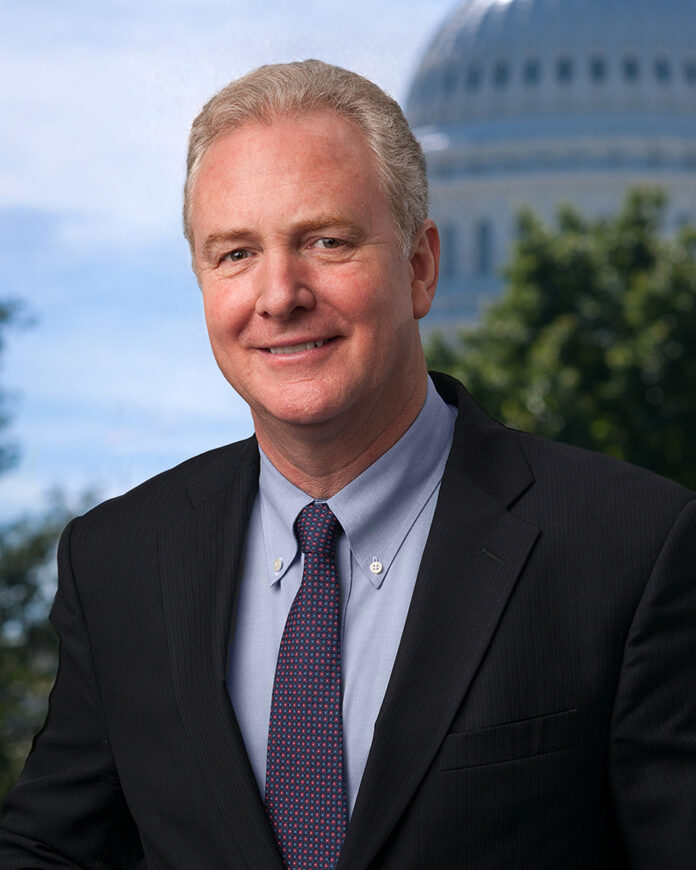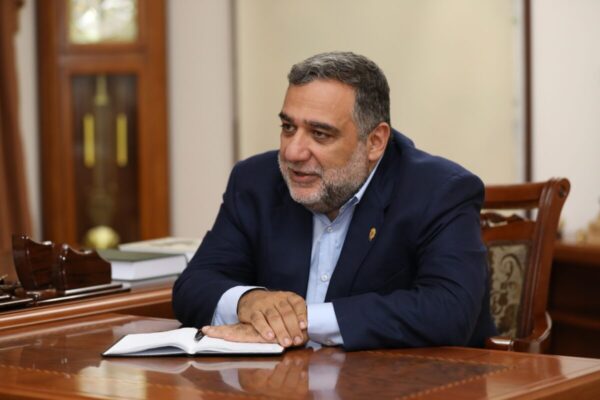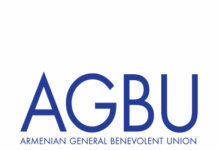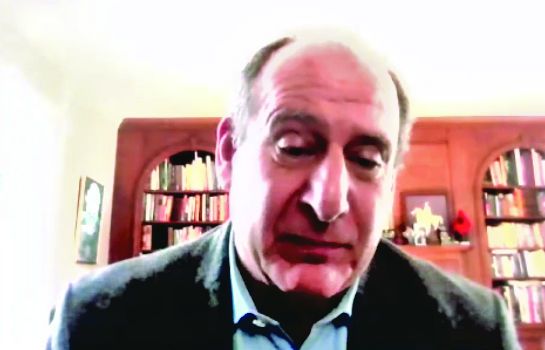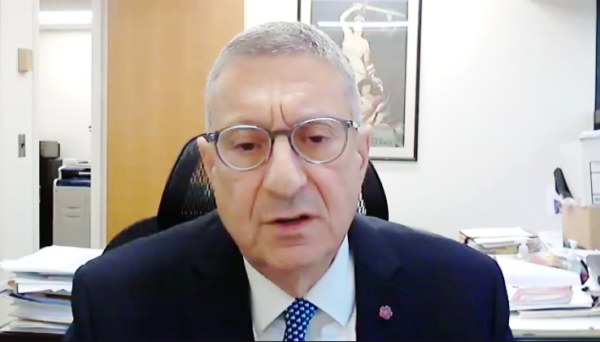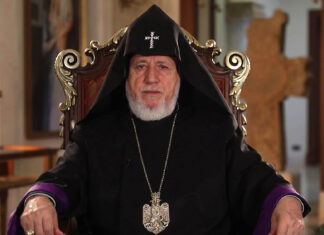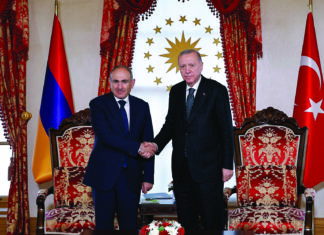NEW YORK — On Wednesday, February 1, more than 500 virtual attendees logged on to a panel on the ongoing Artsakh crisis, hosted by Columbia University’s Program on Peace-Building and Human Rights (PBHR), which is part of Columbia’s Institute for the Study of Human Rights.
David L. Phillips, the director of PBHR, is a political and human rights expert who has worked with numerous independent and university-based human rights initiatives, notably the Elie Wiesel Foundation for Humanity. He has also held positions as a senior advisor and foreign affairs expert for the US State Department under the Clinton, Bush, and Obama administrations. Human rights in the Middle East is one of his areas of expertise and in recent years he has focused on the relations between Armenia, Azerbaijan, and Turkey; as well as the Taliban rule in Afghanistan.
Phillips acted as moderator of the panel which included State Minister of the Republic of Artsakh Ruben Vardanyan, and the co-chairman of the Armenian Assembly of America, Van Z. Krikorian. US Sen. Chris Van Hollen (D-Maryland), also offered introductory remarks expressing solidarity with the people of Artsakh.
Preventing a Second Armenian Genocide
The phrase “Second Armenian Genocide” has been encouraged by Phillips and others in order to gain the attention of the international community and to make the gravity of the situation understood. The purpose of the webinar was stated as to discuss practical suggestions of what can be done.
Although the practical solutions were perhaps a smaller segment of the discussion than some may have hoped, the panel gave an excellent summary of the situation on the ground in Artsakh (from Vardanyan) and the clear evidence of genocidal intent by the Azeri regime (from Krikorian). A question and answer session followed the main speakers, and Phillips moderated the questions as well as stressed some of the possible practical solutions. Overall, the speakers placed the crisis in the broader human rights context and gave background to the current situation tailored for a Western (particularly American), non-Armenian audience.



